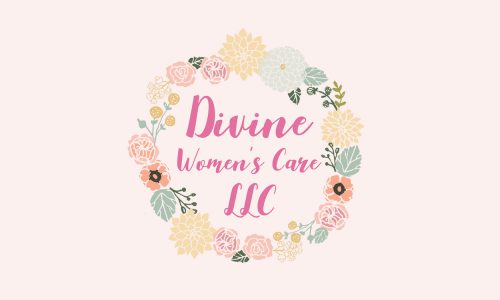A certified nurse-midwife (CNM) is an advance practice registered nurse, who is educated in the specialty of midwifery and women’s health. This means they are nurses first and then attend an accredited nursing university that specializes in midwifery to obtain their master’s degree of science in nursing. CNMs are certified by the American Certification Midwifery Board (ACMB) and uphold the philosophy of the American College of Nurse Midwives (ACNM). They are re-certified every 5 years. CNMs provide acute primary care to women from adolescence onward including:
- Well-women’s/annuals
- Family Planning Services
- Gynecological visits
- Preconception counseling
- Prenatal care
- Labor and birth
- Postpartum care
- Newborn care
- Acute illness
- Health maintenance and disease prevention
- Menopausal care/counseling
CNMs primary work in hospitals but do work in birth centers and homes as well.
CNMs are licensed by the nursing board and are independent health care providers with prescriptive authority in all 50 states, the District of Columbia, and Puerto Rico. CNMs are defined as primary care providers under federal law. This means they consult appropriately with other health care providers when indicated but do not require any type of supervision or collaborative practice agreement.
What is a licensed midwife (LM) or direct entry midwife (DEM)?
In 2013 Wyoming midwives were required by law to be licensed by attending a formal educational program or equivalent (which involves an extensive apprenticeship under another midwife) and pass an exam administered by the North American Registry of Midwives (NARM) after which a license is granted. There are various levels of educational programs from associates all the way to a master’s degree; however, most attain an associates degree from a midwifery college. LMs and DEMs practice in the home setting or sometimes in a birth center.
The bottom line…
Both care for women and are experts in normalcy from extensive study of the menstrual cycle, pregnancy, childbirth and beyond. Some treat certain abnormal cases as appropriate or refer to physicians if outside their scope of practice. Our focus is to be “with women” and to help provide autonomy and informed consent while fostering health and wellness
Philosophy of the American College of Nurse Midwives
We, the midwives of the American College of Nurse-Midwives, affirm the power and strength of women and the importance of their health in the well-being of families, communities and nations. We believe in the basic human rights of all persons, recognizing that women often incur an undue burden of risk when these rights are violated.
We believe every person has a right to:
- Equitable, ethical, accessible quality health care that promotes healing and health
- Health care that respects human dignity, individuality and diversity among groups
- Complete and accurate information to make informed health care decisions
- Self-determination and active participation in health care decisions
- Involvement of a woman’s designated family members, to the extent desired, in all health care experiences
We believe the best model of health care for a woman and her family:
- Promotes a continuous and compassionate partnership
- Acknowledges a person’s life experiences and knowledge
- Includes individualized methods of care and healing guided by the best evidence available
- Involves therapeutic use of human presence and skillful communication
We honor the normalcy of women’s life cycle events. We believe in:
- Watchful waiting and non-intervention in normal processes
- Appropriate use of interventions and technology for current or potential health problem
- Consultation, collaboration and referral with other members of the health care team as needed to provide optimal health care
We affirm that midwifery care incorporates these qualities and that women’s health care needs are well-served through midwifery care.
Finally, we value formal education, lifelong individual learning, and the development and application of research to guide ethical and competent midwifery practice. These beliefs and values provide the foundation for commitment to individual and collective leadership at the community, state, national and international level to improve the health of women and their families worldwide.
